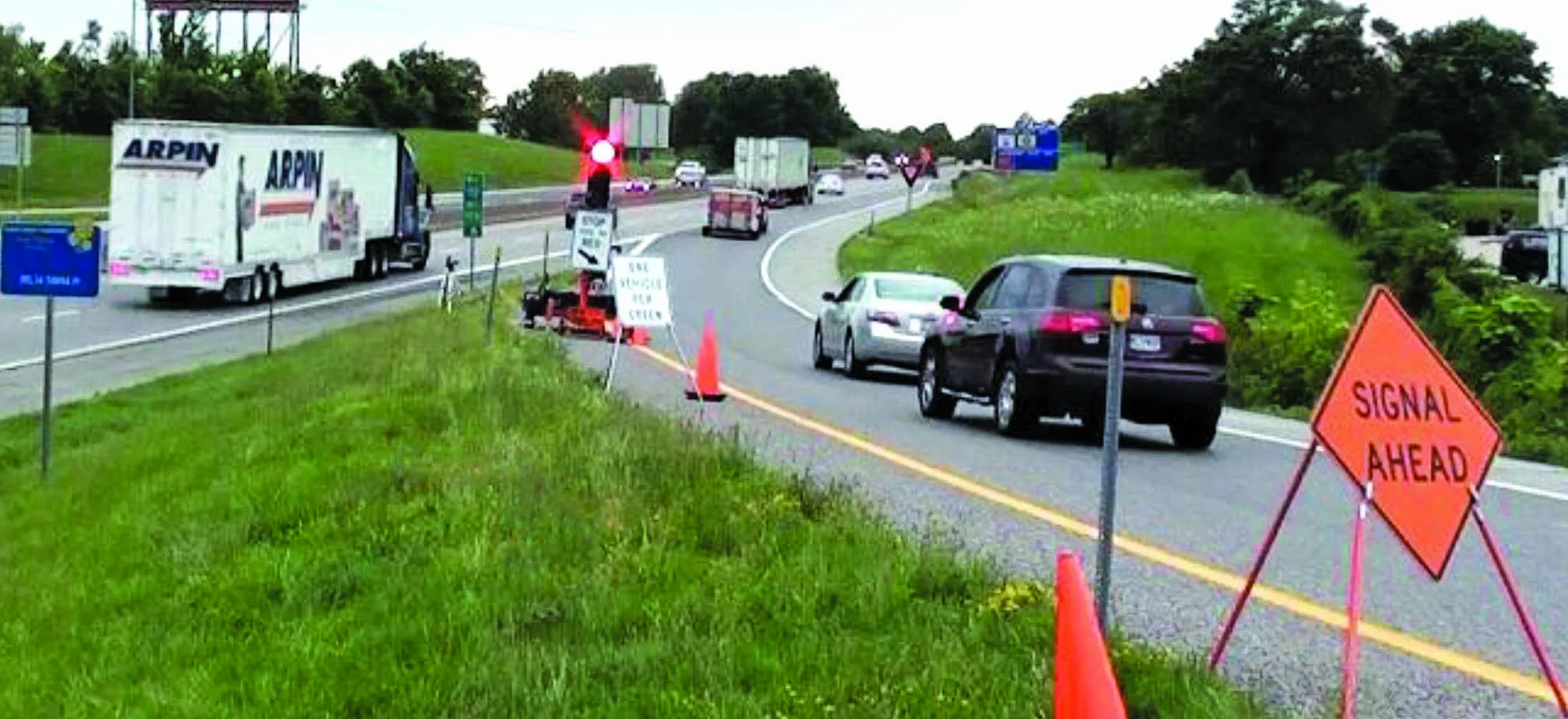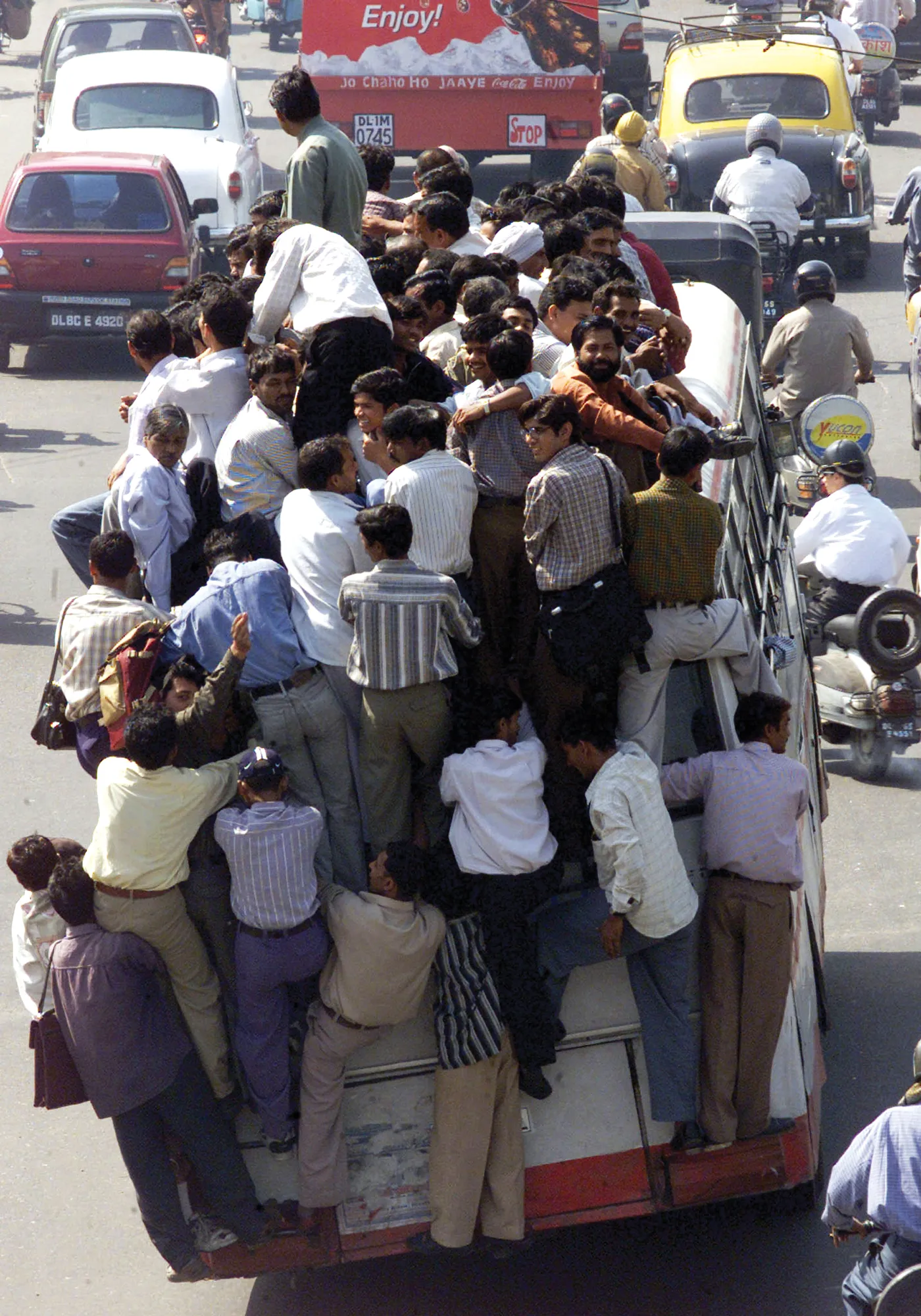Vietnam has major plans to develop its transportation infrastructure by 2020. The work required could cost in the order of US$45.9 billion. Of this, some 64.1% will be required to improve the national road system. The State Budget has so far provided approximately 30-40% of the financing required. However, the country has a need for international investment to further develop its transportation system. One of the barriers to PPPs has been a lack of clear policy on indirect government support. Another proble
July 14, 2015
Read time: 1 min
Vietnam has major plans to develop its transportation infrastructure by 2020. The work required could cost in the order of US$45.9 billion. Of this, some 64.1% will be required to improve the national road system. The State Budget has so far provided approximately 30-40% of the financing required. However, the country has a need for international investment to further develop its transportation system. One of the barriers to PPPs has been a lack of clear policy on indirect government support. Another problem hindering PPPs has been a lack of experience within Vietnam’s public agencies for planning and supervising such projects. But new policies are being put in place to attract private investment in Vietnam’s planned PPP projects.








